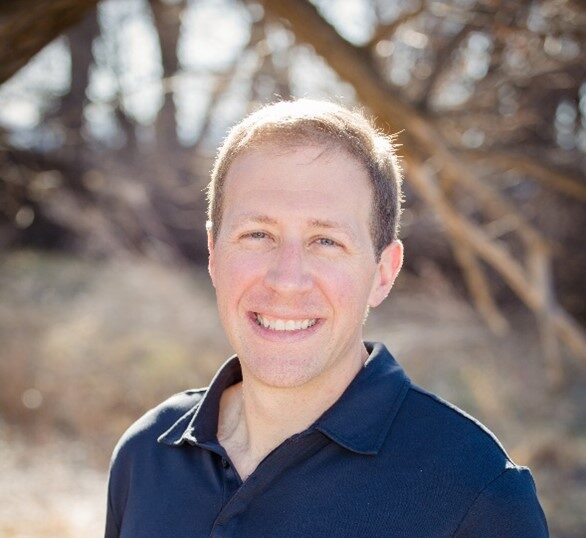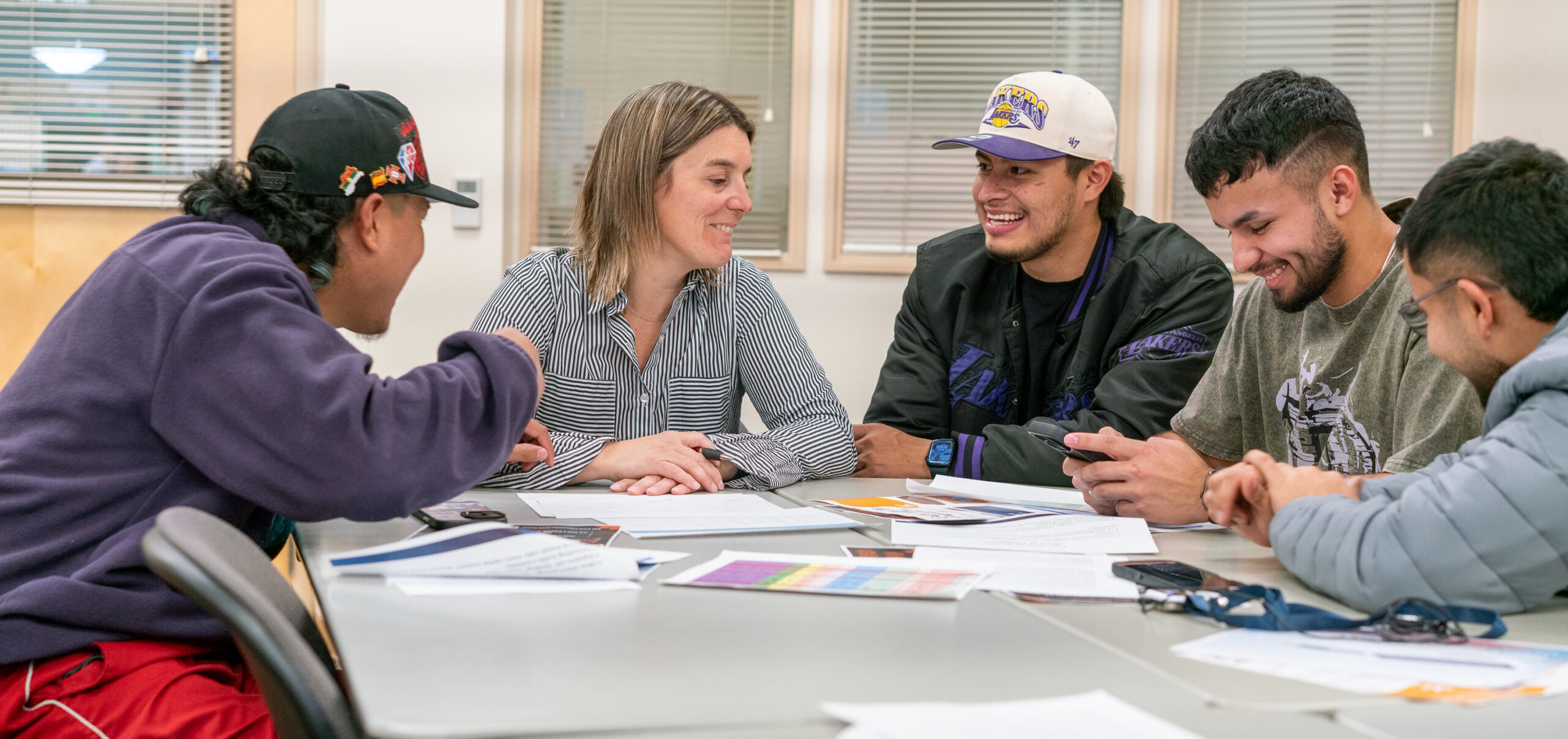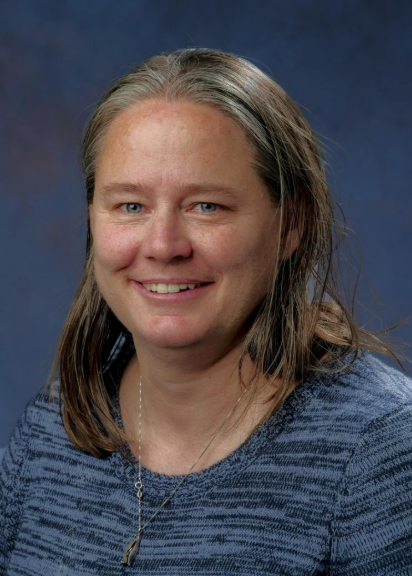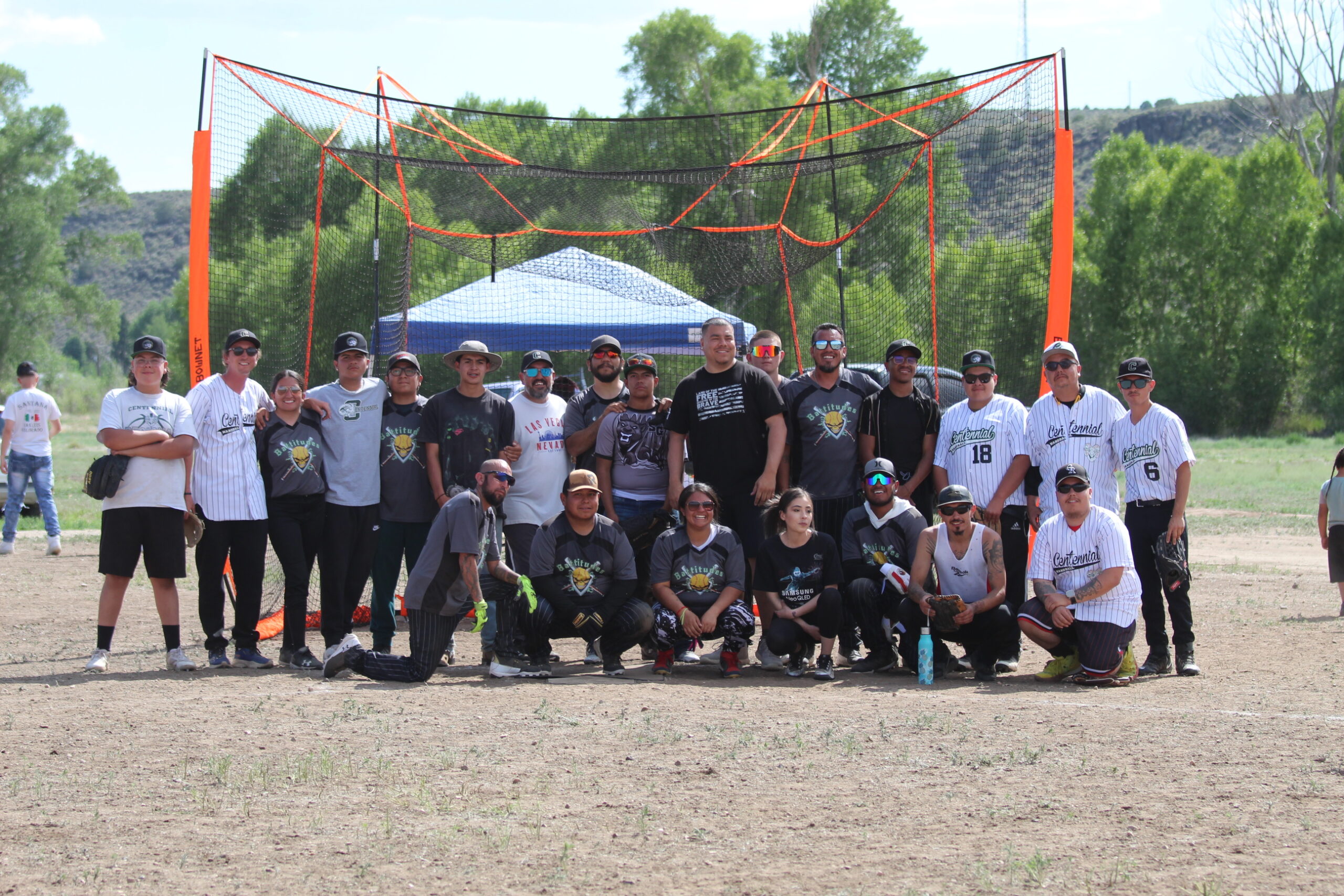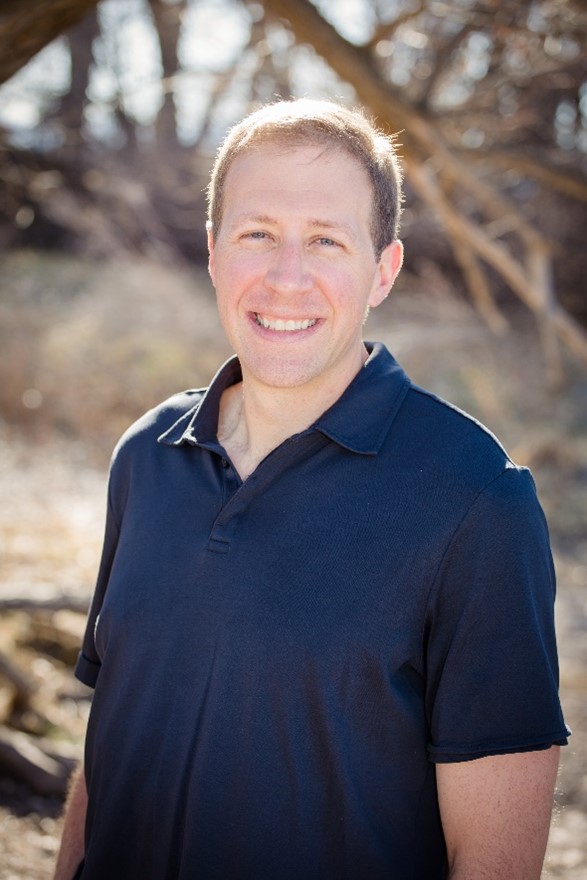 Boettcher Scholar Year: 2000
Boettcher Scholar Year: 2000
Hometown: Flagler
College(s), Degree(s): Colorado State University: BS in Soil and Crop Science, 2004; MS in Plant Breeding and Genetics, 2006; PhD in Weed Science, 2009
Tell us about your current work and how long you’ve been doing it. What is your favorite aspect of your current occupation?
I’m an Associate Professor at Colorado State University, where I conduct research and teaching on weed science. I am fascinated by how weeds adapt and evolve to the toughest environments and to every single method we try to use to manage them. I love the process of scientific discovery, finding new insights and how that new knowledge can be applied to helping farmers and land managers with their weed management issues.
What role has being a Boettcher Scholar played into where you are and what you are doing now?
Being a Boettcher Scholar had such a huge impact on my career! Because of the financial support, I was able to explore unpaid undergrad research projects that helped me find my interest in plant science. I also found my passion for international work through the study abroad program when I was supported to study in Australia. I later did post-docs in Australia and Germany that helped me gain a large international collaborative network.
Tell us about your involvement in activities, organizations, or groups outside of work.
Through my work at CSU, I get to spend time with the state and regional farmer groups for wheat, sugar beet, and corn, listening to their issues, designing new projects to address problems, and delivering the latest information on weed management. Outside of work, I like to donate blood to the local blood bank and this summer I’ve joined a pickle ball league!
What’s the best advice you’ve received and what advice do you have for current graduates entering your career field?
The best advice I’ve received is that a scientist has to be an effective writer. Whether it’s grant proposals, project reports, or publications, I spend so much of my time writing and editing. I would advise current graduates entering science to take scientific writing and communication courses/workshops, and to find a good mentor to help them continually improve their writing.
If you could have dinner with one person or a few people from history, whom would you choose and why?
I would love to have dinner with Rosalind Franklin! She conducted the critical work to discover the DNA double helix structure, but she was not recognized with the Nobel prize for her contributions. I study DNA every day and I would have so many questions for her! I’d also want her to know that history now recognizes her achievements.

